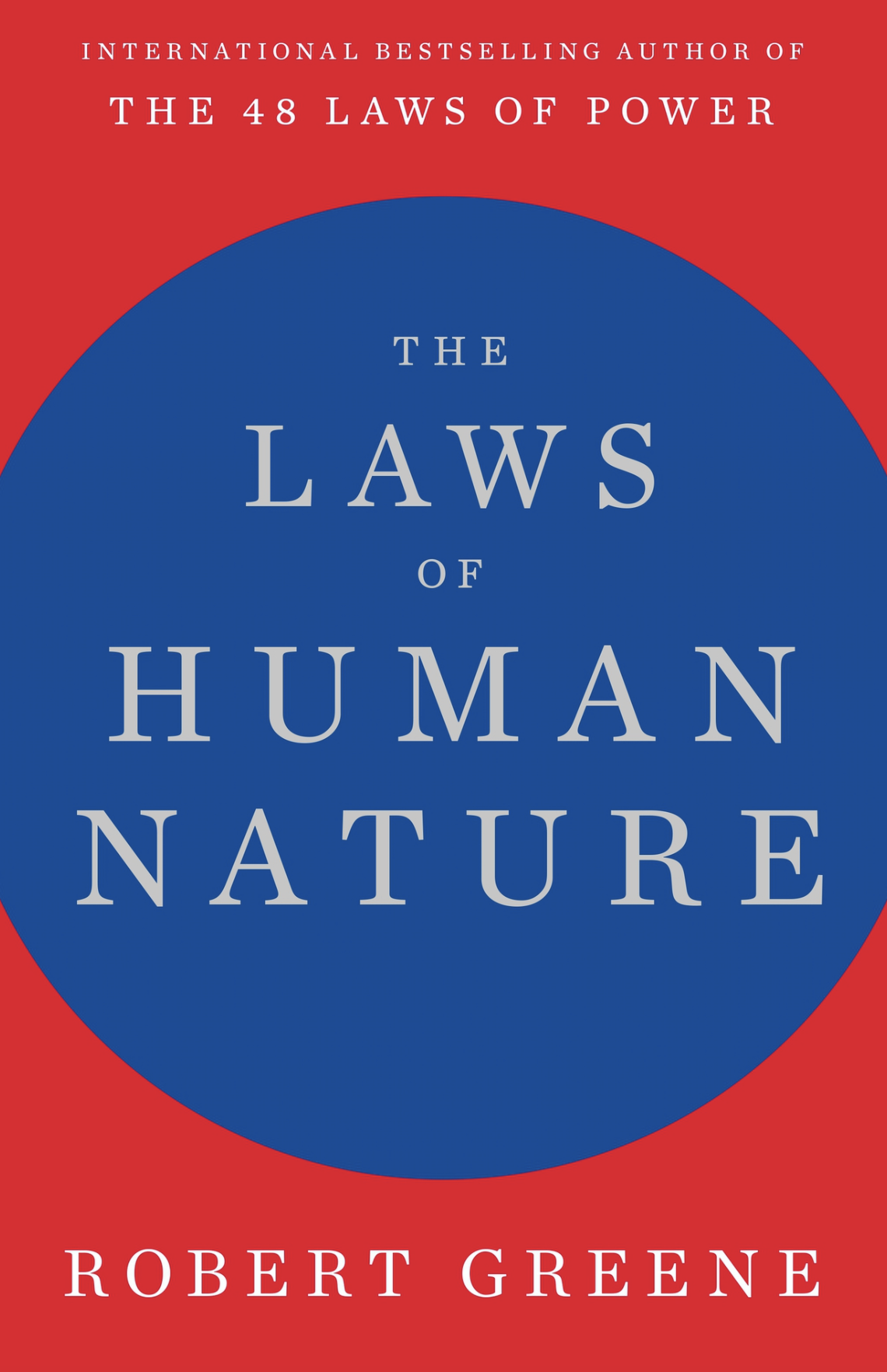Welcome to a new era of book writing! If you’ve ever dreamt of writing a book but felt overwhelmed by the process, 2024 brings a groundbreaking solution: Artificial Intelligence (AI). Leveraging AI to assist in writing a book is no longer science fiction—it’s an emerging reality. This comprehensive guide will walk you through the intricacies of writing your book with AI, discussing effective methods, the best tools, and the essential balance between automation and human creativity. Whether you’re a seasoned author or a novice writer, you’ll discover how AI can enhance your productivity, creativity, and enjoyment of the writing process. Intrigued? Let’s dive in!
Introduction to Writing a Book with AI in 2024
The concept of using AI to write books might sound futuristic, but it’s already making waves in the writing community. Authors like Jason, who have experimented with AI, emphasize that while AI can significantly simplify certain aspects of writing, it doesn’t entirely replace the human touch. Instead, AI acts as an assistant, helping with brainstorming, outlining, character development, research, and even editing. The process involves multiple steps where AI’s capabilities can be harnessed to enhance efficiency and creativity.
Understanding the Multi-Step Writing Process
Writing a book is not a one-click operation. It involves a series of steps, each requiring different skills and levels of creativity. These steps typically include:
- Brainstorming: Generating ideas and concepts for your book.
- Outlining: Structuring your book’s chapters and overall flow.
- Character Development: Creating well-rounded characters (for fiction).
- Research: Gathering information, facts, and context.
- Writing: Crafting the actual text.
- Editing: Refining and polishing the content.
- Revising: Making necessary revisions based on feedback.
AI can assist in varying degrees at each of these stages. For instance, it can generate lists of ideas during brainstorming, suggest outlines, create character profiles, and even offer editing suggestions to improve writing quality. However, the writer remains in control, making creative decisions and refining the AI’s output.
Should AI Be Used for Writing Books?
This is a question many writers grapple with. The answer depends on your goals and preferences. AI can be a valuable tool, particularly for tasks you may not enjoy as much, or where you find yourself getting stuck. By offloading some of these tasks to AI, you free up mental space and energy to focus on the more enjoyable aspects of writing. AI also helps reduce writer’s block and burnout by providing a steady stream of suggestions and content generation.
However, it’s crucial to maintain control over the process. While AI can provide drafts and ideas, the final creative touches, voice, and style must come from you. This way, the book remains a reflection of your unique perspective and creativity.
Step-by-Step Approach vs. Super Prompt Method
When incorporating AI into your writing process, there are two main methods to consider:
- Step-by-Step Approach: In this method, AI is used gradually throughout the writing process. Each section or chapter is generated, reviewed, and edited before moving on to the next. This allows for a more controlled and iterative process, where you can make adjustments and improvements step by step.
- Super Prompt Method: Here, you provide the AI with a detailed prompt, and it generates an entire chapter (or a significant portion of text) in one go. This method is faster and can be more efficient, but it requires thorough review and substantial editing to ensure that the output aligns with your vision and maintains high quality.
Both methods have their pros and cons. The step-by-step approach offers more control and precision, while the super prompt method can accelerate the writing process significantly. Many writers find a hybrid approach works best, leveraging the strengths of both methods depending on the specific needs of their project.
AI Tools for Fiction Writing: Novel Crafter, ChatGPT, and More
For fiction writers, several AI tools can help bring your stories to life. Some of the popular tools include:
- Novel Crafter: This tool is designed specifically for novel writing. It helps with everything from brainstorming and outlining to character development and generating prose. Novel Crafter’s tailored prompts and suggestions can keep your narrative consistent and engaging.
- ChatGPT: One of the most versatile AI writing tools, Chat GPT can assist with generating dialogue, developing character arcs, and crafting descriptive scenes. Its ability to understand context and provide coherent narrative segments makes it a favorite among fiction writers.
- Claude AI: Similar in functionality to Chat GPT, Claude is another powerful AI assistant that helps with creating detailed storylines, dialogues, and immersive settings.
While these tools can generate content, it’s vital to edit and refine the output to ensure it resonates with your voice and meets your quality standards. The combination of AI’s power and your creativity can result in compelling and original fiction.
Utilizing AI for Non-Fiction Writing
Non-fiction writing can also benefit significantly from AI assistance. The tools available can help in various aspects, such as:
- Generating Chapter Ideas: AI can brainstorm topics and suggest chapter outlines, helping you structure your book effectively.
- Outlining: AI tools can create detailed outlines based on your initial ideas, saving you time and providing a clear roadmap for writing.
- Research Assistance: AI can quickly gather relevant information from credible sources, helping you build a solid foundation of facts and data.
- Content Generation: AI can draft sections of your book, which you can then edit and refine. This is particularly useful for repetitive or research-intensive sections where your creative input might be more limited.
Since accuracy is crucial when writing non-fiction, it’s crucial to confirm all data produced by AI. Use AI as a productivity assistant that augments your expertise, ensuring the final manuscript is both accurate and engaging.
The Evolving Role of AI in the Writing Industry
The role of AI in the writing industry is continually evolving. Initially viewed with skepticism, AI is now being embraced as a valuable tool that can enhance productivity and creativity. Here’s how AI is transforming the writing landscape:
- Overcoming Writer’s Block: AI provides a constant flow of suggestions and ideas, helping writers overcome creative blocks and stay productive.
- Efficient Editing: AI-powered editing tools can identify errors, suggest improvements, and even offer stylistic enhancements, making the revision process more efficient.
- Enhanced Creativity: With AI taking care of mundane tasks, writers can focus on the more creative aspects of their work, experimenting with new ideas and styles.
- Collaborative Tools: AI-powered collaborative platforms enable writers to work with co-authors, editors, and beta readers seamlessly, enhancing the overall quality and coherence of the manuscript.
As more writers adopt AI tools, the industry is likely to see an increase in high-quality, diverse literary works. However, it’s important to strike a balance, ensuring that AI serves as an enhancer rather than a replacement for human creativity.
Conclusion: Enhancing Creativity and Productivity with AI
AI offers exciting possibilities for writers in 2024 and beyond. By harnessing AI technology, you can streamline your writing process, enhance creativity, and produce high-quality content with greater efficiency. However, the key lies in maintaining control over the creative process, ensuring that your unique voice and perspective shine through the AI-generated output.
Whether you’re writing fiction or non-fiction, exploring step-by-step approaches or super prompts, or using specialized tools like Novel Crafter and Chat GPT, AI can be a powerful ally in your writing journey. Embrace this innovative technology, experiment with its capabilities, and discover new ways to bring your literary visions to life.
So, are you ready to start writing your book with AI in 2024? Dive in, and let your creativity soar!












